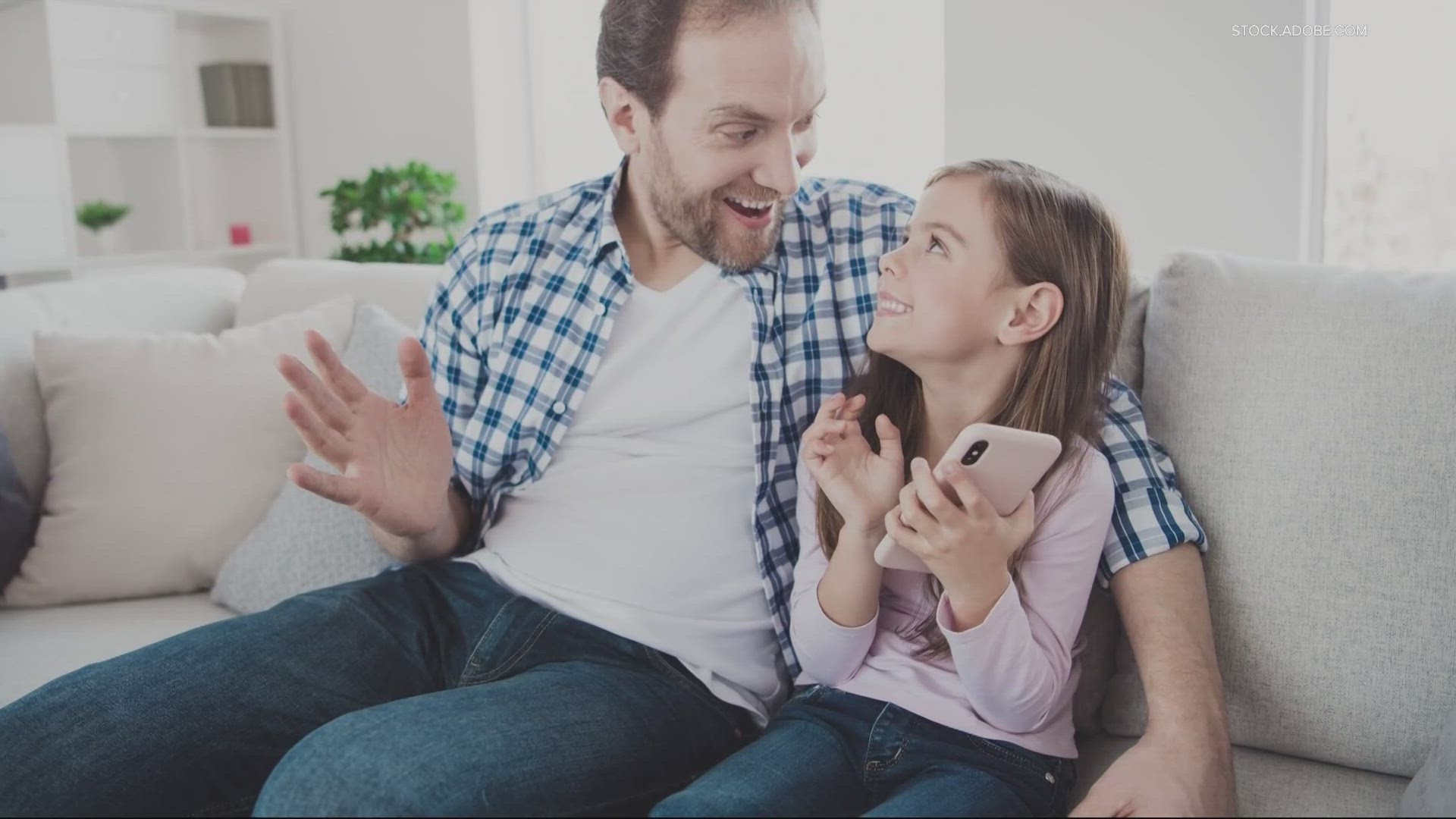PORTLAND, Ore. — Social media is having an impact on kids and teens. Earlier this year the Surgeon General of the United States issued a new advisory about the effects it has on youth mental health.
“It affects adults as well as kids, but kids are more vulnerable because their brains are still developing,” Senior Medical Director of Behavioral Health for Regence Dr. Mike Franz said.
To be clear, social media isn’t all bad. It can offer a lot of positives, but there are increasing signs that social media can be harmful to the mental health and well-being of children and teens.
“The research is still fairly early, but some of it points, without a doubt, that social media does have an influence on our children’s behavioral health and that we need to start paying attention to that,” Franz said.
Nearly all young people use social media. Up to 95% of young people — ages 13-17 — report using a social media platform and more than one-third use social media “almost constantly,” according to the Surgeon General’s report.
“These platforms are engineered to hook you,” Dr. Franz said. “And they do have an effect at the neural synapse. They do increase dopamine when you get those likes when you see how many people are responding to your post.”
Research shows that adolescents who spend more than three hours per day on social media face double the risk of experiencing poor mental health outcomes like depression and anxiety.
Each child is unique and is affected by social media in different ways. For many, it can be positive. About 58% of adolescents say that social media helps them feel more accepted
However, on the flip side of that, there are real problems — like cyberbullying and unrealistic body image.
“We can only imagine what our adolescents are doing as they doom scroll and see, literally, thousands of images per hour that are unrealistic,” Franz said.
When asked about the impact of social media on their body image, 46% of adolescents aged 13-17 said social media makes them feel worse.
Additionally, 64% of adolescents are “often” or “sometimes” exposed to hate-based content through social media. Studies have also shown a relationship between social media use and poor sleep quality, reduced sleep duration, sleep difficulties and depression among youth.
A 2021 survey of teenagers found that, on average, they spend 3.5 hours a day on social media.
The Surgeon General calls for policymakers, tech companies, and researchers to do more to address the impact social media has on youth mental health.
For each child, addressing the potential negative impacts of social media starts with the parent or caregiver.
“I don’t want to paint this as all bad — kids are still going to use it. So we need to be able to engage as parents, developmentally appropriate; our 11-year-old in a conversation, versus a 17-year-old and everything in between,” Franz said.
Learn more bout the Surgeon General's advisory and ways you can address the topic at hhs.gov.

